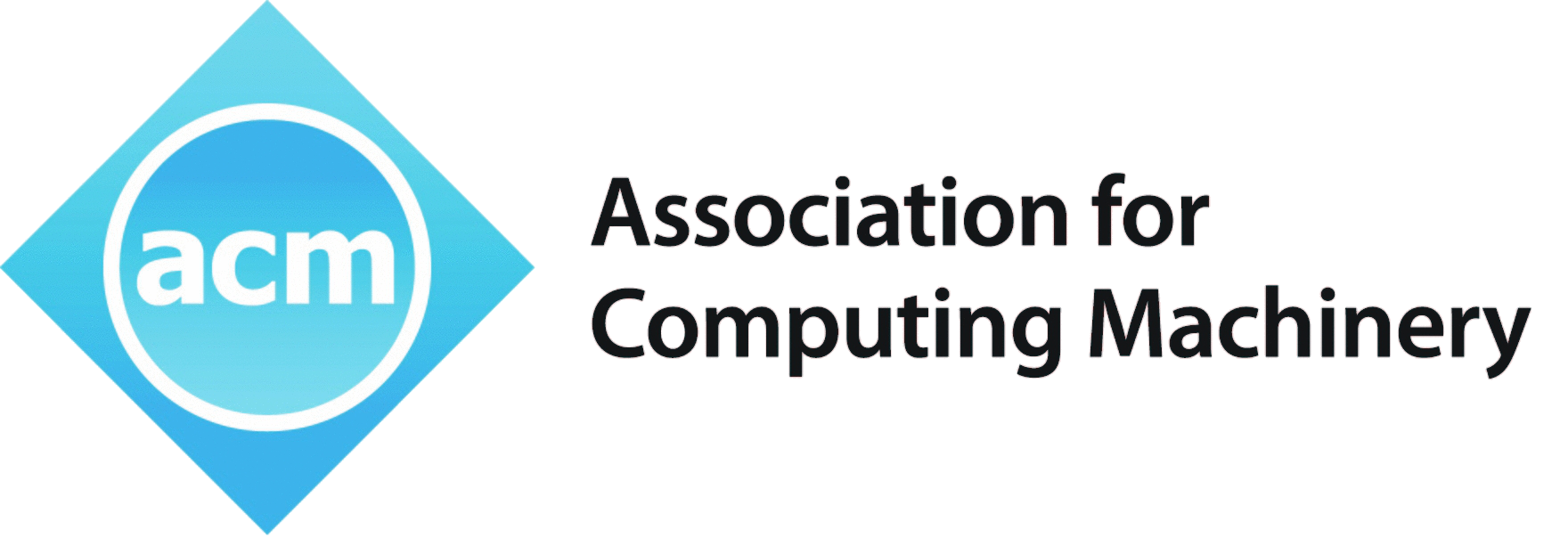| Call for | Submission Deadline | Notification of Acceptance |
|---|---|---|
| Papers | July 15, 2024 | Sep 22, 2024 |
| Workshops | July 15, 2024 | July 29, 2024 |
| Posters | Sep 25, 2024 | Oct 14, 2024 |
| Highlights | Sep 10, 2024 | Sep 25, 2024 |
Keynote Speakers
Aidong Zhang, Professor, PhD
Thomas M. Linville Endowed Professor, University of Virginia, USA
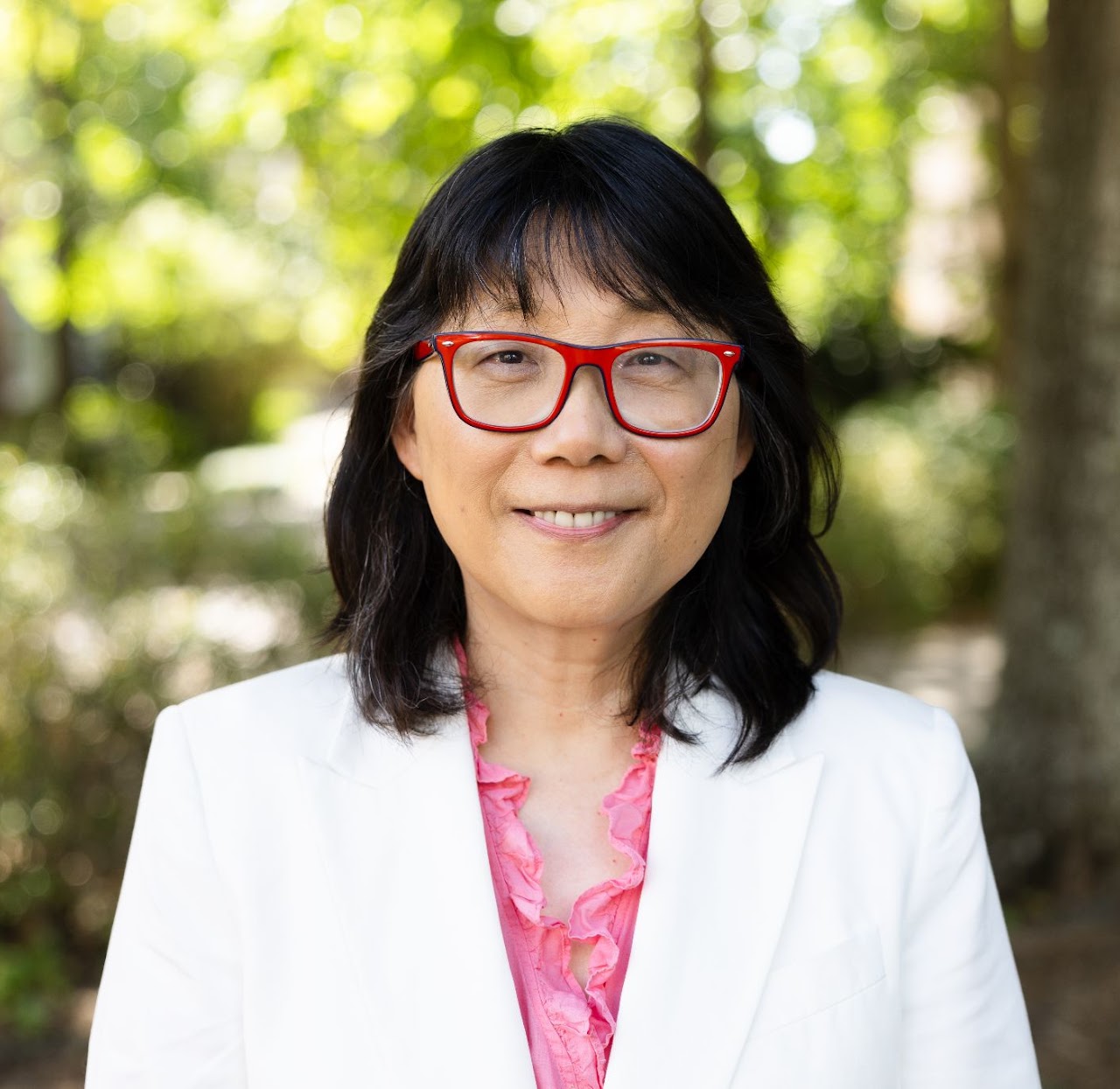
Biosketch: Dr. Aidong Zhang is the Thomas M. Linville Endowed Professor of Computer Science with joint appointment at Data Science, and Biomedical Engineering at University of Virginia (UVA). Prof. Zhang’s research interests include machine learning, data science, bioinformatics and computational biology, and health informatics. Prof. Zhang was the Editor-in-Chief of the IEEE Transactions on Computational Biology and Bioinformatics (TCBB) from 2017 to 2021. She served as the founding Chair of ACM Special Interest Group on Bioinformatics and Computational Biology (SIGBio) from 2011 to 2015 and also served as the Chair of its advisory board from 2015 to 2018. She was also the founding and steering chair of ACM international conference on Bioinformatics, Computational Biology and Health Informatics (ACM-BCB) from 2010 to 2019. Prof. Zhang is a fellow of ACM and IEEE. She is also a fellow of the American Institute for Medical and Biological Engineering (AIMBE). Dr. Zhang is also a member of the Virginia Academy of Science, Engineering and Medicine.
Tile: Large Language Models for Scientific Hypothesis Generation
Abstract: Machine learning foundation models, particularly large language models (LLMs), have revolutionized traditional applications in computer vision and natural language processing, marking a significant shift in recent years. Building on these advancements, recent efforts have explored the potential of foundation models in hypothesis generation, highlighting their possibility in aiding human researchers in scientific discovery. We are envisioning a future where academia increasingly integrates foundation models to accelerate and enhance the process of scientific discovery. Two key challenges that need to be addressed include: (1) how to effectively harness the parametric knowledge embedded in foundation models to propel scientific discovery? and (2) how to develop rigorous yet scalable methods to evaluate the effectiveness of foundation models in supporting scientific research? In this talk, I will discuss the current state-of-the art research work on this topic and present our most recent approaches to answer these questions.
Lin Gao, Professor, PhD
Director of CCF Technical Commitee of Bioinformatics
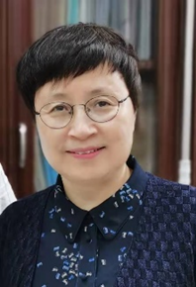
Biosketch: Dr. Lin Gao is a professor and director of CCF Technical Commitee of Bioinformatics. Her research interests include bioinformatics, data mining and machine learning, graph theory and optimization. She focused on computational model and algorithm in omics-data analysis, especially its application in cancer. Her research has been funded by the National Natural Science Foundation of China, National Key Research and Development Program of China, the Foundation of the Ministry of Education of China and other project. She has over 170 publications in professional journals, such as Nature Methods, Science Advances, Nature Communications, Advanced Science, Nucleic Acids Research, PLoS Computational Biology, Bioinformatics, et al. She also serves on various academic communities, member of China Computer Federation, Director of CCF Bioinformatics Committee, member of Chinese Association for Artificial Intelligence.
Title: Models and Algorithms for Single-cell Multi-omics Data Analysis
Abstract: The rapid development of single-cell multi-omics sequencing technology has made it possible to explore cells in multiple dimensions (genomics, transcriptomics, epigenomics, and spatial transcriptomics), which has been highly valued by life science and has posed new challenges to computational methods in computer science. How to deeply understand the cellular function described by single-cell data and how to model the related biological problems by feature complementarity of multi-omics data poses a computational challenge. In this talk, I will introduce our work in the integration of multiple batches, cell type decomposition, cell-cell interaction and the discovery of tissue cellular neighborhoods.
Xingming Zhao, Professor, PhD
Vice dean of the Institute of Science and Technology for Brain Inspired Intelligence, Fudan University, China

Biosketch: Xing-Ming Zhao received his PhD degree from the University of Science and Technology of China. Currently, he is a distinguished professor and vice dean of the Institute of Science and Technology for Brain Inspired Intelligence, Fudan University, China. He is also the chair of Shanghai Society for Bioinformatics. He focuses on the interdisciplinary research between biomedicine and artificial intelligence. He has published more than 150 papers in peer-reviewed journals, e.g. Nature and Cell. He is the senior member of IEEE, Co-Chair of IEEE SMC Technical Committee on Systems Biology and Vice-Chair of ACM SIGBIO China. He is also the lead guest editor and the editorial member of several journals, e.g. IEEE/ACM TCBB, Neurocomputing, Journal of Theoretical Biology, IET Systems Biology, and so on.
Title:AI driven exploration of human microbiome
Abstract: The human body is composed of various types of microbiome. However, our knowledge about human microbiome is far from comprehensive. In this talk, I’ll present our recent work on the exploration of human gut microbiome with long-read sequencing, and some algorithms and tools we have developed for analysis of human microbiome. I’ll also show some new findings on the enterotypes of gut mycobiome and the association between gut microbiome and diseases.
Jianqiang Li, Professor, PhD
Shenzhen University, China
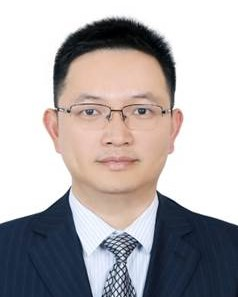
Biosketch: Prof.Jianqiang Li currently is a full professor at the National Engineering Laboratory for Big Data System Computing Technology, Shenzhen University. He was the recipient of the National Outstanding Youth Fund, the recipient of National level young talents, Guangdong Outstanding Youth Funds. He is Chief Scientist of the National Key R&D Program of China. His major research interests include Artificial Intelligence, robotic. Prof. Jianqiang Li has published more than 200 refereed papers in international leading journals and primer conferences, such as IEEE TEVC, IEEE TCYB, IEEE ToN, IEEE TMC, AAAI, IEEE INFOCOM, etc. His google scholar citation is over 9800. He is the inventor of 53 Chinese pending patents (29 patent authorizations) and 10 PCT international invention patents. He won the first prize of Wu Wenjun’s Artificial Intelligence Science & Technology Award, which is initiated and sponsored by the Chinese Artificial Intelligence Society He won the first prize of the China Automation Association Science & Technology Award.
Title Data-driven intelligent system perception and decision
Abstract:
The data-driven intelligent system can effectively improve its perception and execution efficiency. The report introduces research on network collaborative perception, collaborative network construction, and optimized analysis and decision-making of intelligent systems. Finally, the relevant research results are applied to special monitoring robots and medical health intelligent monitoring systems.
Gang Pan, Professor, PhD
Director of the State Key Laboratory of Brain-Machine Intelligence Zhejiang University, China

Biosketch: Dr. Gang Pan is a distinguished professor in the College of Computer Science and Technology at Zhejiang University, where he also serves as the Director of the State Key Laboratory of Brain-Machine Intelligence. He earned his B.Eng. and Ph.D. degrees from Zhejiang University in 1998 and 2004, respectively. Dr. Pan’s research interests include brain-machine interfaces, brain-inspired computing, artificial intelligence, and pervasive computing. He has published more than 200 refereed publications, and has more than 60 patents granted. Dr. Pan has received numerous honors, including the NSFC Distinguished Young Scholars, the IEEE TCSC Award for Excellence (Middle Career Researcher), and the CCF-IEEE CS Young Scientist Award. Additionally, he has been recognized with the National Science and Technology Progress Award, two test-of-time paper awards, and multiple best paper awards. He serves as an associate editor for multiple prestigious journals such as IEEE Transactions on Neural Networks and Learning Systems and Cognitive Neurodynamics.
Title:Cyborg Intelligence: Towards Convergence of the Brain and Machines
Abstract:
Recent advances in artificial intelligence, computational neuroscience, microelectronics, and neurophysiology indicate that the integration between machines and living organisms is not only possible but increasingly evident. Breakthroughs in neurotechnologies, such as brain-machine interfaces, are enabling closer connections between the brain and machines, making convergence of biological and machine intelligence a key trend in the evolution of AI. This talk will explore cyborg intelligence, a new form of AI stemming from brain-machine interfaces. Cyborg intelligence is promising for enhancing, repairing, or extending the intelligent capacity of both biological and computing units. This talk will also discuss its issues, challenges, and recent advances from our group.
Registration
Please use the registration link below to attend ACM-BCB 2024 : [ACM-BCB 2024 Registration].
The early bird registration deadline is October 10, 2024, and attendees registering by this date are entitled for a lower registration fee. The registration fees are shown as follows:
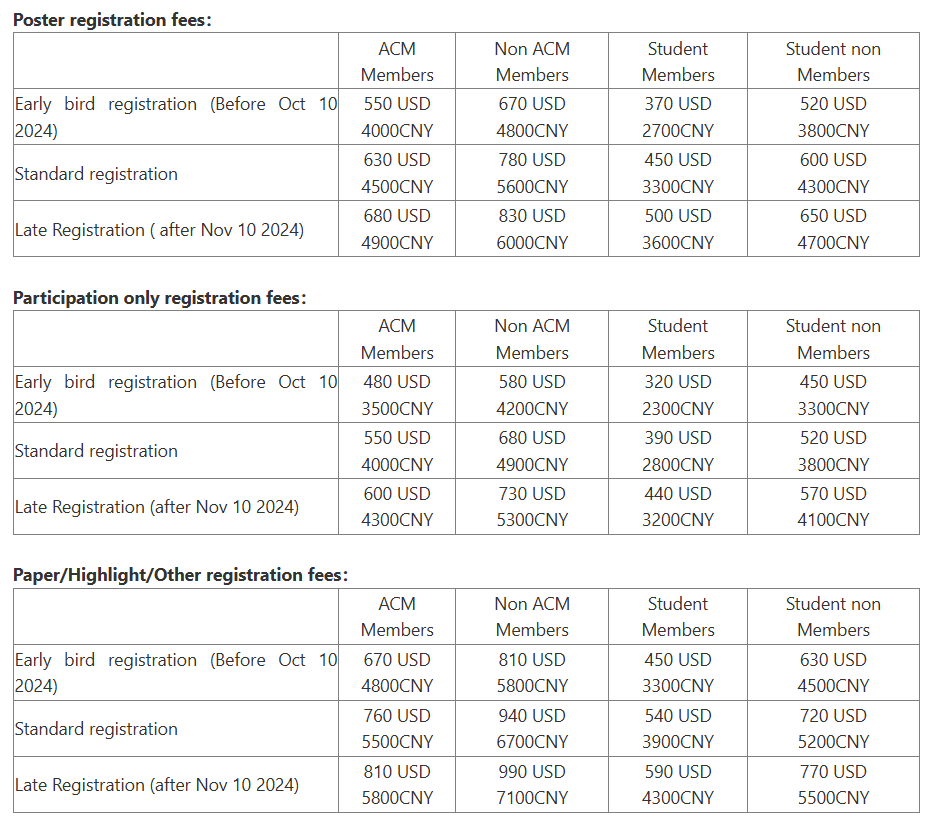
Registration Policy:
Venue
DAYHELLO INTERNATIONAL HOTEL SHENZHEN CHINA
Hotel Information
The conference will be held at the DayHello International Hotel Shenzhen China. Located in Baoan District, Shenzhen, Guandong Province, the Dayhello International Hotel (登喜路国际大酒店) is located within easy reach of National Road 107. The Tycoon Golf Club is just a 10 minute drive away and Shenzhen Bao’an International Airport is 12.2 km (7.6) away. Guests can enjoy both Chinese and Western cuisine at the on-site restaurants or enjoy a drink at the lobby bar. This Shenzhen hotel provides free Wi-Fi in public areas.For recreation, guests can work out in the gym or take a dip in the outdoor swimming pool or spa. Please check the hotel details at: http://www.shenzhendayhellohotel.cn/en.
Address
NO.12 Bao tian 1st Road
Bao’an District,Shenzhen,Guangdong
Phone number: +86-755-23008888
Booking via email or phone call:
ACM-BCB participants can book hotel room at discounted conference rates (550 RMB) via email or phone. Please mention coupon code(大会优惠券) ACMBCB24 in your booking email or when you are calling. Payment will be collected at the time of check-in.
How to book:
Contact: Liu, Juan (manager)
Phone number: +86 18128818186
E-mail: 2327948683@qq.com
Room Types and Fees:

Other Recommand Hotels:
We also recommand two other hotels near to the ACB-BCB site. The two hotels are Shenzhen Dingjunshan Movie Hotel (Xixiang Baotianyi Road Subway Station Branch) and Lavande Hotel (Shenzhen Xixiang Baotianyi Road Subway Station Branch), more details are provided in our English and Chinese matterials.
Visa and Visa letters
Letter request for VISA application
For visa support letters send a message to: bcb24@siat.ac.cn including:
Visa-Free policy of mainland China

